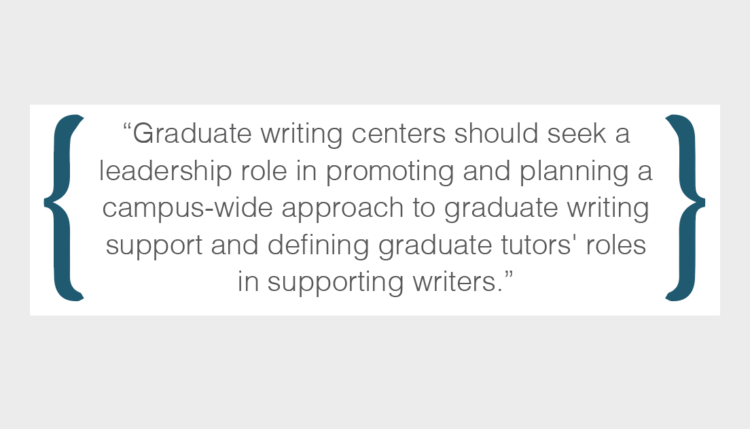
UPCOMING CONFERENCE TALK: The Politics of Peerness and Profession in Graduate Writing Support
In June, at the Consortium for Graduate Communication’s 2019 summer institute, I will explore the complicated politics of peer/professional status in the context of graduate writing support. Here’s the abstract:
Having inherited peer-to-peer support models from the world of undergraduate writing consultation, graduate-specific writing centers often operate according to similar peer consultation practices and assumptions, wherein consultants and writers relate and interact non-hierarchically, graduate students helping graduate students. Although peerness has much to recommend it and although the comfort and non- judgmental ease of peer-to-peer interaction often facilitates productive sessions with graduate writers, conversations about the incipient professionalization of graduate writing support have put pressure on the dominance of peer-to-peer consultation within graduate writing centers. On the one hand, from a labor and professional development perspective, much is lost in graduate writing center communities when writing consultants are assumed by default to be student peers, a necessarily transient population passing through writing center spaces and practices with one foot out the door, more substantially affiliated with their own disciplines. When graduate support units are built exclusively on this model, the development of a professional relationship to the work of graduate support may be foreclosed. On the other hand, given the importance of graduate students learning to self-identify and operate as peers within intellectual, institutional, and disciplinary communities, graduate writing centers must engage with peerness head-on, helping writers cultivate a sense of themselves as disciplinary peers. In this work-in-progress presentation, I will interrogate the tangled politics of peerness and profession in graduate support, asking what role peerness should play in the theory and practice of graduate support moving forward.
[Image quote from Craig Medvecky’s “Enter the Dragon: Graduate Tutor Education in the Hall of Mirrors” in WLN‘s How We Teach Writing Tutors digital edited collection.]